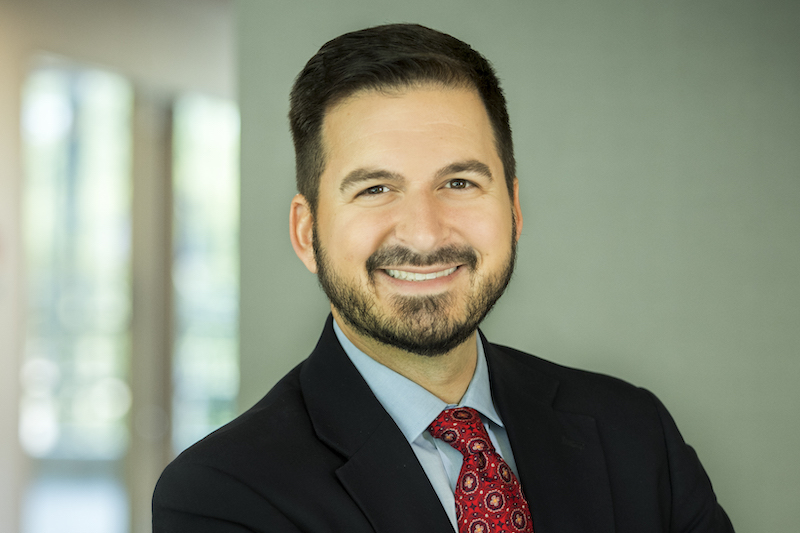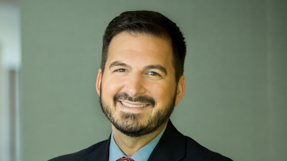Woodrow Hartzog
Professor, Khoury College Courtesy Appointment

Research Interests
- Human-computer interaction
- Privacy and surveillance
- Robotics
Education
- PhD in Mass Communication, University of North Carolina at Chapel Hill
- LLM in Intellectual Property, The George Washington University Law School
- JD, Samford University’s Cumberland School of Law
- BA, Samford University
Biography
Woodrow Hartzog holds a joint appointment with the School of Law and the Khoury College of Computer Sciences. His research focuses on modern privacy and data protection problems. He tries to understand the rules and ethics for personal data processing, surveillance, and media. He is currently working on projects in three main areas:
- Privacy, surveillance, and mediated social interaction
- Data protection and data security
- Robotics and automated technologies in everyday life
Hartzog’s work has been published in numerous scholarly publications such as the Yale Law Journal, Columbia Law Review, California Law Review, and Michigan Law Review. He has also written for popular national publications such as The New York Times, The Washington Post, The Guardian, Wired, BBC, CNN, Bloomberg, New Scientist, Slate, The Atlantic, and The Nation. His book, "Privacy’s Blueprint: The Battle to Control the Design of New Technologies," was published in 2018 by Harvard University Press.
He has testified three times before Congress on data protection and data security issues. His work has won numerous awards, including the International Association of Privacy Professionals Scholarship award. He is a four-time recipient of the Future of Privacy Forum’s “Privacy Papers for Policy Makers” Award, where the organization distributes relevant privacy research to policy makers in an annual digest.
He is a non-resident fellow at The Cordell Institute for Policy in Medicine & Law at Washington University, and an affiliate scholar at the Center for Internet and Society at Stanford Law School. Prior to joining Northeastern in 2017, he was the Starnes Professor of Law at Samford University’s Cumberland School of Law. He has served as a visiting professor at Notre Dame Law School and the University of Maine School of Law.
He previously worked as an attorney in private practice and as a trademark attorney for the U.S. Patent and Trademark Office. He also served as a clerk for the Electronic Privacy Information Center.
Recent Publications
-
A Comparative Study of Dark Patterns Across Mobile and Web Modalities
Citation: Johanna Gunawan, Amogh Pradeep, David Choffnes, Woodrow Hartzog, and Christo Wilson. "A Comparative Study of Dark Patterns Across Mobile and Web Modalities". Proceedings of the ACM: Human-Computer Interaction, 5(CSCW2), October, 2021. DOI: 10.1145/3479521 -
A Duty of Loyalty for Privacy Law
Citation: Richards, Neil M. and Hartzog, Woodrow, A Duty of Loyalty for Privacy Law (July 3, 2020). 99 Washington University Law Review (forthcoming 2021) -
A Relational Turn for Data Protection?
Citation: Richards, Neil M. and Hartzog, Woodrow, A Relational Turn for Data Protection? (December 9, 2020). 4 European Data Protection Law Review 1 (2020)
Khoury PhD Students
Related news
Previous PhD students
-

Johanna Gunawan
